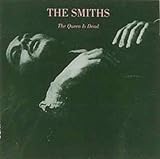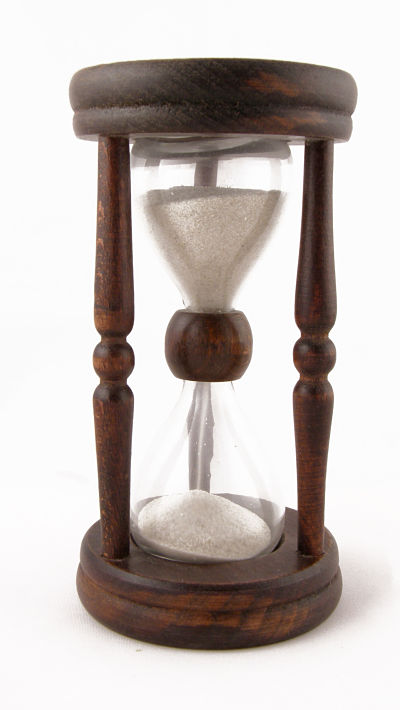 This post is about what one of the most fiercely single men in music can teach us about being in a couple. If you wanted couples counselling, Morrissey would probably be the last person you would seek out (I’m not sure he does it any more anyway – I think he has specialised and now just sticks to depression work and sexuality issues!). So what am I going on about? Well, I guess it’s partly an excuse to write about one of my favourite artists of all time, and a way of exploring just one particular track that speaks volumes about what a relationship could aspire to.
This post is about what one of the most fiercely single men in music can teach us about being in a couple. If you wanted couples counselling, Morrissey would probably be the last person you would seek out (I’m not sure he does it any more anyway – I think he has specialised and now just sticks to depression work and sexuality issues!). So what am I going on about? Well, I guess it’s partly an excuse to write about one of my favourite artists of all time, and a way of exploring just one particular track that speaks volumes about what a relationship could aspire to.
The track I have in mind is the Smiths “There is a light and it never goes out“. This is a song never fails to move me, quite often close to tears.
This is a hauntingly beautiful song, typical of the Mossa style. Ambiguous in its writing, we are unsure whether Morrissey is writing about a man or a woman and it really doesn’t matter. The passion and emotion that it triggers within me is truly heartrending.
So what’s this got to do with couple’s therapy? For me the chorus sums up what a deep loving relationship is about:
And if a double-decker bus
crashes in to us
to die by your side
is such a heavenly way to die
and if a ten ton truck
kills the both of us
to die by your side
well the pleasure, the privilege is mine(Morrissey and Marr)
Surely this is the essence of true love? Macabre I know, but how many people do you feel so deeply about that if that time should come, you would feel privileged to die next to them? We often get so lost in the day to day bickering and one-upmanship of our relationships that such long term deep love gradually gets eroded. Harville Hendrix calls this the power struggle phase of a relationship. Couples that come see me for relationship therapy are usually deeply embedded in this phase and it is putting enormous strain on both members of the couple and the relationship itself.
I see marriage counselling as an opportunity to see each other again. To accept that you are not going to change your partner, they can only change themselves if they want to. Maybe to accept your partner for who they are, not who you want them to be. As this happens then change does come. Couples are more willing to give to each other and as they give they also receive, so a positive cycle begins. The relationship shifts from a stressful battle of bickering and resentment to a more settled, calmer place where love, deep love, can happen.
Please comment on this post – let me know what tracks hit that home run in your heart. Which songs express true love to you?
 Many couples put off going to marriage counselling for too long. The result can be a much more difficult process and sometimes the relationship has deteriorated beyond rescue. This blog post looks at when we know it’s time to go and why it’s important not to leave it too long.
Many couples put off going to marriage counselling for too long. The result can be a much more difficult process and sometimes the relationship has deteriorated beyond rescue. This blog post looks at when we know it’s time to go and why it’s important not to leave it too long. I am a lucky man because I work in two areas that I enjoy and find fascinating. These are the vocations of teaching and psychotherapy and I love it when they come together. This is lucky because they come together frequently. In fact they’re rarely apart. Teaching is about relationships. Psychotherapy is about relationships. They are made for each other.
I am a lucky man because I work in two areas that I enjoy and find fascinating. These are the vocations of teaching and psychotherapy and I love it when they come together. This is lucky because they come together frequently. In fact they’re rarely apart. Teaching is about relationships. Psychotherapy is about relationships. They are made for each other.